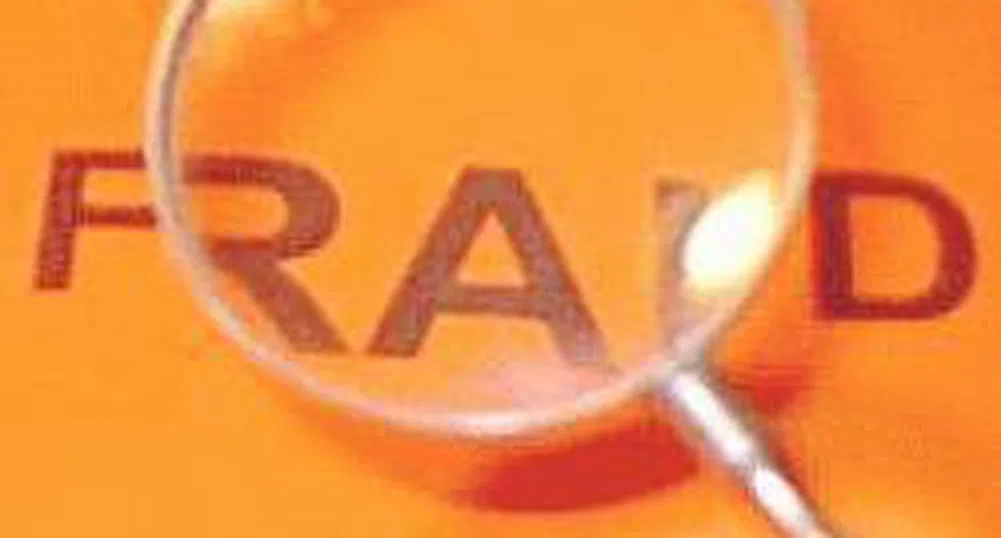Rise in Global Fraud Triggers Serious Liability Concerns

The Ernst & Young 11th Global Fraud Survey reveals that 76% of respondents feel their boards are increasingly concerned about their personal liability from fraud, bribery and corruption. Furthermore, executives interviewed believe that their boards are not sufficiently prepared to deal with the new risks from fraud and corruption as companies return to growth.
Boards are perceived as being especially worried in Latin America (95%), Middle East and Africa (87%), Central and Eastern Europe (84%) and Australia (81%).
The responses of over 1,400 CFOs and heads of internal audit, legal and compliance in major companies in 36 countries across the world also show that fraud appears to be increasing significantly in some regions. For example, in Western Europe, the number of companies that had experienced a significant instance of fraud in the past two years increased from 10% to 21%. Fraud levels also remain high in Latin America (21%) and the Middle East and Africa (18%).
David Stulb, Ernst & Young's Global Fraud Investigation & Dispute Services Leader says: "Increased enforcement against fraud, bribery and corruption is a priority in many major markets. Individual executives and directors will not be immune from prosecution. Indeed, the passage of the UK's Bribery Act is the latest example of a more robust approach to punishing the unethical conduct of individuals and corporates, and one that may have extraterritorial application."
However, despite the boards' concern, they do not appear to be behaving in a way that would increase their own protection. Worryingly, only 4 out of 10 CFOs interviewed had been asked to perform a review of anti-fraud and corruption controls in the previous 12 months, and only 28% had been asked to produce a fraud risk assessment. Results were generally better in North America than elsewhere, but results from Central and Eastern Europe were particularly concerning, with only 18% of respondents having been asked to conduct a fraud risk assessment.
David Stulb adds: "Given the pressure on corporate resources, prioritizing anti-fraud and anti-corruption efforts is essential. Regularly scheduled assessments of risks in particular businesses and markets are prudent and help those in risk management functions to triage the most pressing situations."
Having coped through the downturn, many companies are now looking for new growth opportunities, which may come through entering new markets or making acquisitions. These efforts can expose companies to numerous new risks, potentially including corruption issues. To minimize such risks, businesses have to undertake thorough, focused pre-acquisition due diligence.
However, 30% of respondents stated that they rarely or never undertook such procedures, (Japan, 40%, Central and Eastern Europe, 38%). The figures for post-acquisition due diligence raise even greater concerns, with 42% of respondents admitting that they rarely or never undertook such procedures. The figure rose as high as 54% in Australia and 53% in Japan.
A renewed merger and acquisition strategy also raised more specific concerns among our respondents. Forty-eight percent of chief legal officers interviewed are worried by competition risks arising from a push for growth, while 45% of chief compliance officers reported that data security will be a significant issue in the next 18 months.
Responding to individual incidents or regulatory enquiries often requires extensive review of electronically stored information, including emails. Half of the legal respondents reported that the significance of emails to investigations has increased in the last two years. However, 35% say that they are planning to cut back spending on email reviews, which implies a major focus on driving efficiencies.
David Stulb concludes: "When growth returns, we expect more challenges, more potential for fraud, more exposure to corruption and more interest from regulators. In the coming months, if they haven't done so already, companies will need to review or improve their procedures to achieve long term sustainable and ethical growth."
Join our fans on Facebook!
)
&format=webp)

&format=webp)
&format=webp)
&format=webp)
&format=webp)